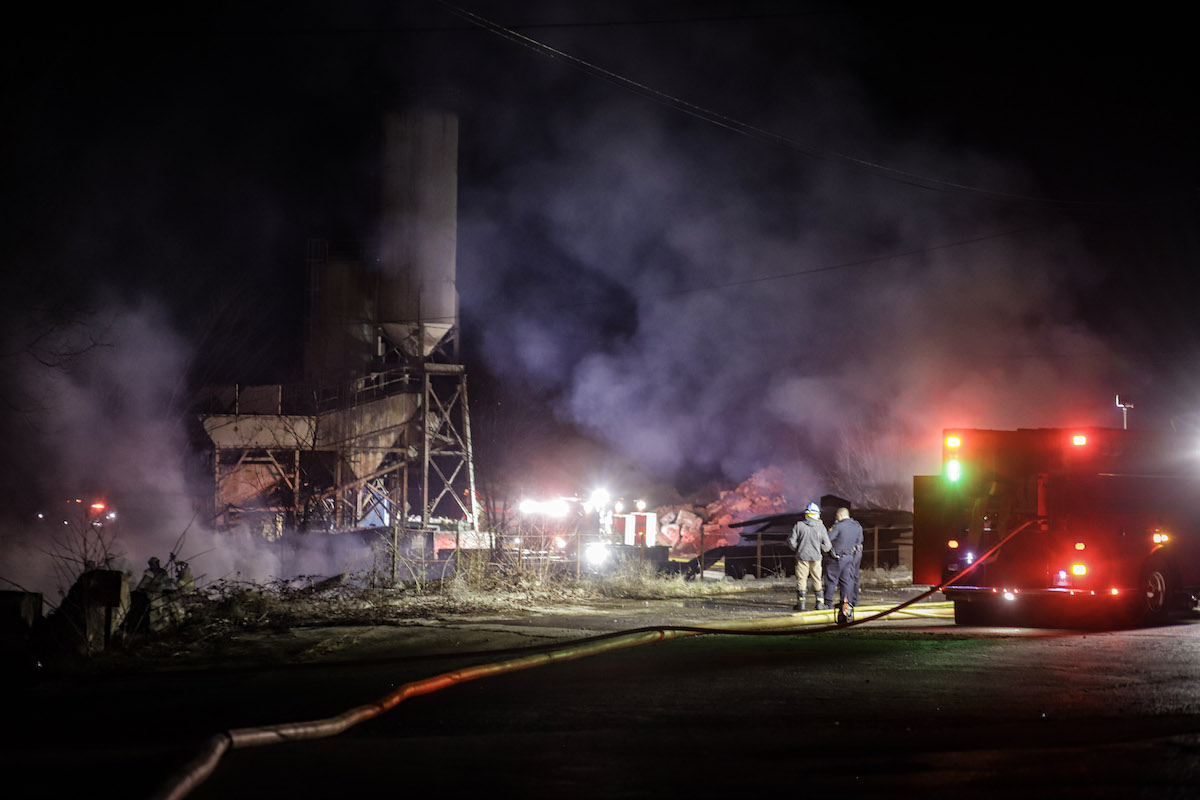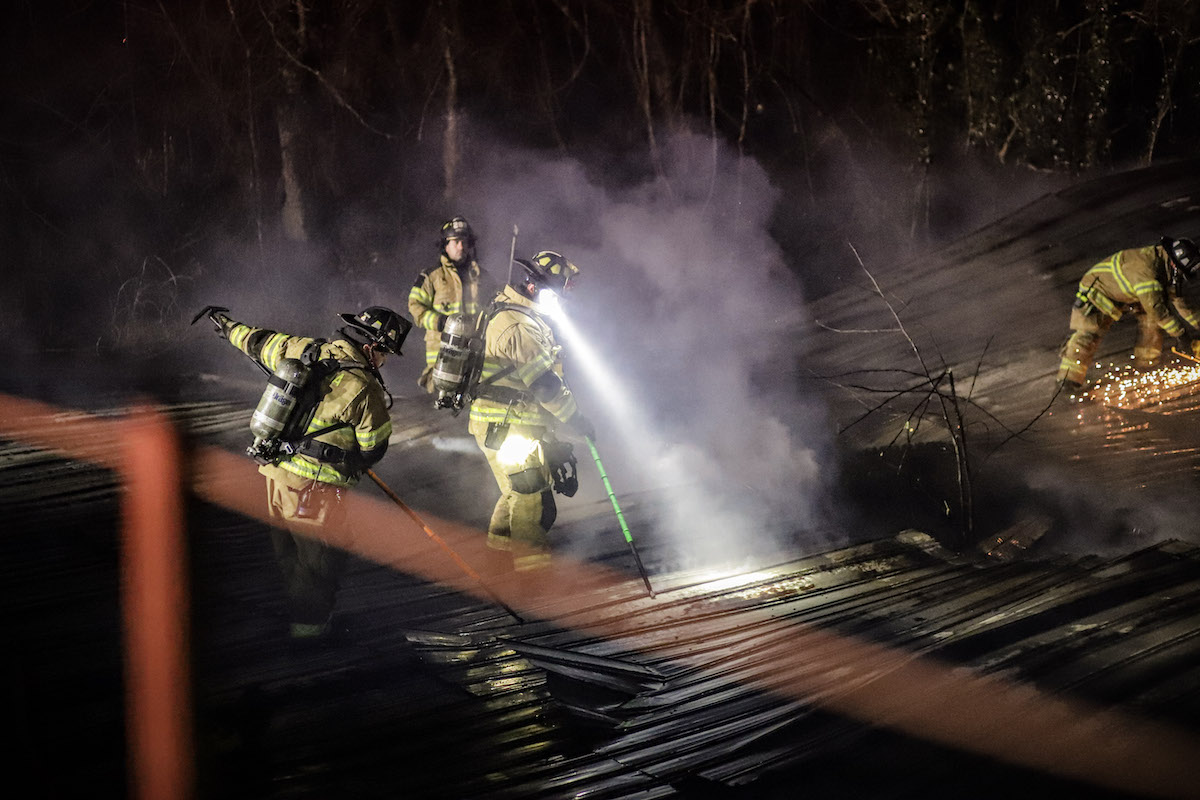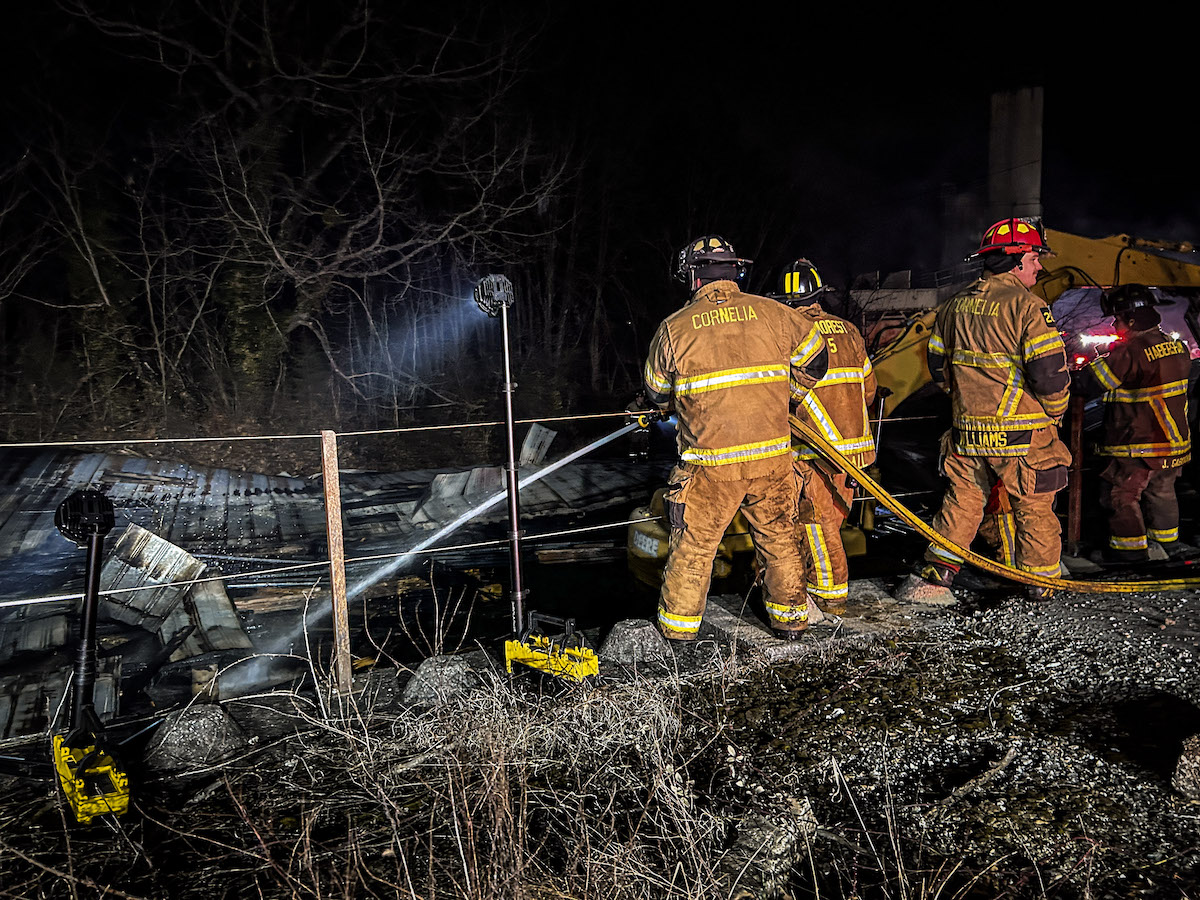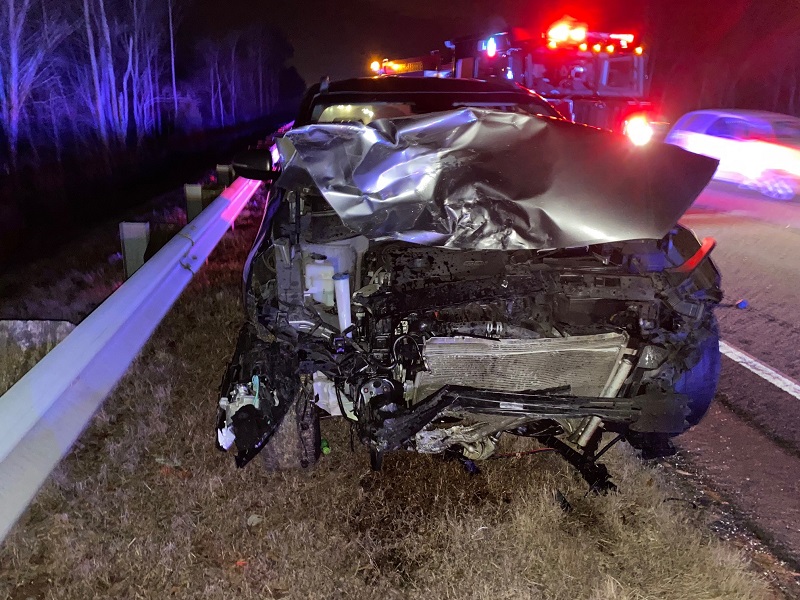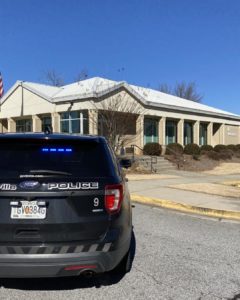In his roughly 30-minute speech Wednesday, the governor said the state of the state has “never been stronger and more resilient” since first taking office in 2019.
“Over the last four years, our greatest achievements were accomplished when both chambers worked hand-in-hand with my office to put the people of our state first — ahead of the status quo,” he said. “Our future as a state relies on that partnership: to do the right thing for our citizens, even when it may not be easy.”
Kemp’s address painted this year’s legislative session as one of great consequence as lawmakers begin work on his $32.5 billion budget plan that would partially return a multi-billion dollar surplus to taxpayers through refunds and a one-time additional homestead exemption.
The governor has tapped into his background in construction over the years to compare Georgia’s fortunes to that of a house being built. Just four days into his first term, Kemp said Georgia’s foundation was strong and built on a rock as he called for teacher pay raises, pledged to tackle gang violence and offer an expansion of health care through Medicaid waivers.
By his fourth address in 2022, he called for a “stronger, safer Georgia” and praised the state’s resilience through the coronavirus pandemic.
“Over the last three years, we built Georgia’s house on a firm foundation,” Kemp said last year. “The concrete, the frame, and the roof withstood the storms. We emerged resilient. We boldly seized the opportunity to plant seeds for the future in good soil, so a bountiful harvest would bring our state to brighter, more prosperous days ahead.”
Now, in his second term and at the pinnacle of his power as governor, the Brian Kemp of 2023 struck similar tones to his inaugural update, with continued focus on combatting gang violence, increasing health care access in lower-income communities and pouring more resources into the state’s education system and those who work in it.
“While some politicians have continued to grumble about teacher pay in Georgia, let me give you the facts: In total, we will have given hardworking educators a $7,000 pay raise in just five years,” Kemp said. “No other General Assembly or governor will have raised teacher pay by so much, so quickly, in state history.”
He said Georgia’s average teacher pay will also be $7,000 higher than the regional average.
With a new lieutenant governor and House speaker, many new key committee chairs and a commanding victory in November, Kemp has crafted his speeches and appearances over the last few weeks to flex Georgia’s economic growth and rising prominence in key industries such as electric mobility.
“In less than 365 days, we announced four of the largest economic development projects in state history,” he said to applause. “Just those four projects alone will bring over 20,000 new jobs and over $17 billion in investment to rural communities across Georgia. Those good-paying jobs are in fields that will define the next generation of manufacturing, and that future will be made right here in Georgia.”
The Georgia Department of Economic Development recently announced that the second half of 2022 saw companies announce more than 17,000 new jobs totaling $13 billion in investment, with 85% of those outside of metro Atlanta.
“This session, we will not only build on the monumental achievements of the past four years, we will set Georgia on a path of greatness for generations to come,” he said.
But Kemp said more work needs to be done, especially around workforce housing and job training and recruitment, reiterating his budget proposals for fully funding the state’s education formula, the post-secondary HOPE Scholarship and a “rural workforce housing fund.”
The governor also dedicated portions of his speech to touch on the issues of crime and public safety, touting a special gang prosecution unit and asking for stiffer penalties for those who recruit young people into gangs.
He also praised the Georgia State Patrol and decried a group of people that broke windows and set a police car on fire over the weekend after a demonstration stemming from the shooting death of a protestor living in a DeKalb County forest that is slated to become a massive police training center.
On the healthcare front, the governor is proposing loan repayment programs to help boost the number of providers in rural Georgia, more investment in a health reinsurance program and limited expansion of Medicaid through the Georgia Pathways to Coverage program.
“Here’s another fact: Upwards of 345,000 Georgians could qualify for the Pathways program and health care coverage for the first time, with no changes for those who qualify for regular Medicaid,” Kemp said. “And unlike Medicaid expansion, Georgia Pathways will not kick 200,000 Georgians off their private sector insurance.”
In closing, the governor asked lawmakers to consider “the Georgia of generations from now” when considering bills and the budget this year and not “come down into the mud of politics.”
“Here at the start of a new session, a new term, and a new era for our state, we have an opportunity to make decisions that will impact our children’s grandchildren if we do it right and together,” he said.
Democrats in the legislature offered their response to Kemp’s message, arguing that the state’s economic prosperity should be used to fully expand Medicaid and offer even more investment into raising salaries for state employees, law enforcement and teachers.
Sen. Elena Parent (D-Decatur) delivered the official response to the governor’s message and said her party agreed with him that Georgia’s best days are ahead, but it is not a foregone conclusion without changes to the budget.
“We all agree on the desired outcome, but we have very different ideas about the path that will take us there,” Parent said. “We will not get where we want to go by putting relatively few dollars in Georgians’ pockets with tax cuts for some and one-time refunds — this is like expecting a car to drive several hundred miles when it is running on fumes.”
Parent echoed Kemp’s concern about a shortage of healthcare workers and staff in government agencies and argued that Georgia needed to pass living wage legislation and significantly boost pay for those who work for the state.
“Democrats propose a $10,000 increase for teachers and law enforcement, plus the establishment of regular increases moving forward,” she said.
Both chambers of the legislature are controlled by a Republican majority, so it is unlikely any Democratic-led initiatives will gain much steam in this legislative session.
___________
This article appears on Now Habersham through a news partnership with GPB News






